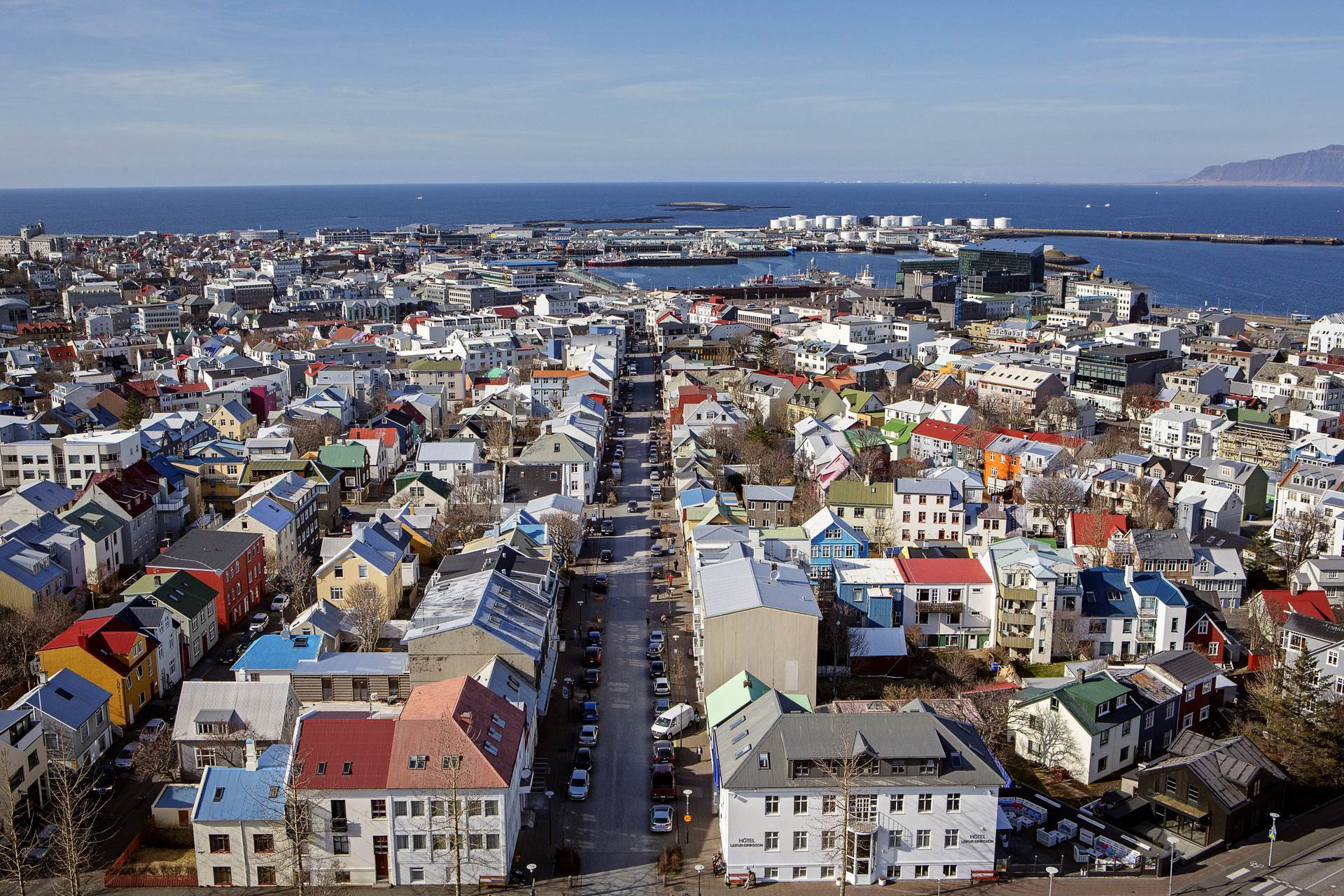Budget 2024: Continued fiscal consolidation and support in reducing inflation
Prioritization in government finances, continued fiscal consolidation and support in reducing inflation are reflected in the 2024 budget, which has been approved by Parliament. The budget reflects the government‘s commitment to responsible public finances and prioritises basic services and the welfare system.
For the fourth consecutive year, the Treasury's total balance improves between years, while the government continues to prioritise improved public services and infrastructure. The debt ratio lowers further, making society better able to meet potential future challenges.
Performance improves and debt is reduced
The total balance of the Treasury (A1 sector) is projected to be in a deficit of 51 bn. ISK or 1.1% of GDP in 2024, an improvement relative to the outturn projection for 2023 (a deficit of 1.3% of GDP). The 2023 outturn projection is in turn significantly better than the 2023 budget estimate, when a deficit of 3% of GDP was projected. The approved budget in 2024 therefore consolidates the performance improvement observed this year and follows the strategy, envisaged in the current Fiscal Plan, of improving the Treasury's performance year by year. If the 2024 budget performance will be as projected, it will be the second year in a row that the Treasury deficit is lower than in 2019, i.e. before the impact of the pandemic.
The Treasury's primary balance, i.e. balance excluding interest income and interest expense, is projected to be positive by 25 bn. ISK or 0.6% of GDP, while the interest balance is projected to be negative by 76 bn. ISK or 1.7% of GDP. The interest balance is projected to improve considerably between years, or by 0.4% of GDP, in part as disinflation projected in 2024 reduces interest expenditure related to CPI-indexed loans.
Net Treasury debt (A1 sector, PFA definition) is projected to decrease between years and will be around 32% of GDP by the end of 2024. By this measure, debt peaked at just over 33% of GDP in 2021–2022 following the pandemic and was 22% of GDP in 2019.
Measures to improve fiscal balance
Alongside measures to reduce expenditure growth, several measures are undertaken on the revenue side. Notably, the first step will be taken in the distance-based charge on vehicles that has been in preparation for some time. The charge will be introduced for the use of electric, hydrogen and plug-in hybrid vehicles in the passenger and van categories, which previously bore limited costs from using the road network.
The accommodation tax, suspended during the pandemic, will be reimposed in line with earlier announcements. It will also apply to cruise ships, which is a change from the previous regime.
Support for the residents of Grindavík
During the third reading of the budget, support measures for the residents of Grindavík were funded in the wake of the seismic activity in the Reykjanes Peninsula. This includes 2.4 bn. ISK due to the Act on Temporary Support for the Payment of Wages due to Natural Disasters in Grindavík and 500 mn. ISK due to temporary special housing support. These measures extend to the end of February 2024 and are in addition to the purchase of up to 80 apartments through the rental company Bríet, which received an increased capital contribution in the 2023 supplementary budget. As developments in Grindavík remain uncertain, the situation will be regularly reviewed and further measures will be taken in 2024 if necessary.
Other key priorities in the 2024 budget
The budget provides for investments in critical infrastructure and growth sectors of the economy as well as improving and strengthening services to the public.
- Healthcare remains the largest expenditure item in the budget, amounting to about 379.4 bn. ISK in 2024. That's an increase of 13.3 ma.kr. between years at constant prices.
- Budget contributions for the construction of a new Landspítali University Hospital amount to 19.3 bn. ISK in 2024 – the new hospital is the largest single public investment project in the history of Iceland.
• - Capital contributions for the development of rental apartments are increased substantially, or by 5.6 bn. ISK.
- Contributions to education are increased, e.g. to strengthen vocational education at the upper secondary level and to strengthen the tertiary level.
- Expenditure on the reimbursement of research and development expenditure of enterprises is estimated at 16.6 bn. ISK which is relatively high in international and Nordic comparisons. A few years ago, however, this expenditure was lower in Iceland than in OECD countries on average and among the lowest in the Nordic countries.
- An agreement has been reached with municipalities on the financing of services for people with disabilities through an increase in municipalities’ share in the personal income tax and a corresponding decrease in the share of the Treasury. This transfer amounts to about 6 bn. ISK in 2024. By an agreement in December 2022, ISK 5.7 billion was transferred from the state to the municipalities (on an annual basis in 2024); the total increase therefore amounts to nearly 12 bn. ISK annually.
- A sale of the Treasury’s share in Íslandsbanki is anticipated next year. The sale proceeds do not affect the total balance of the Treasury but are an important component of the anticipated financing of the Treasury.
Iceland Budget 2024 - Appendix tables

